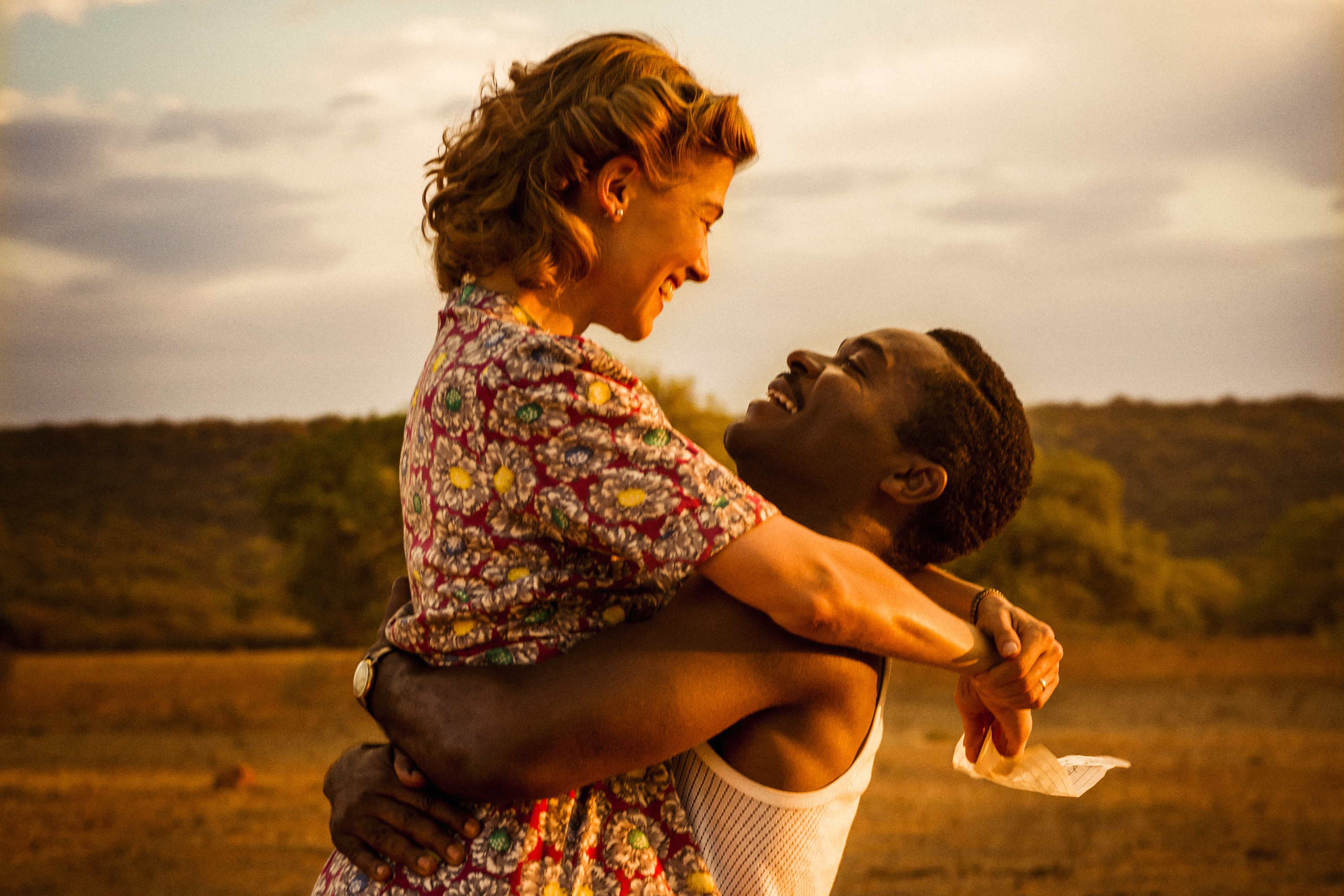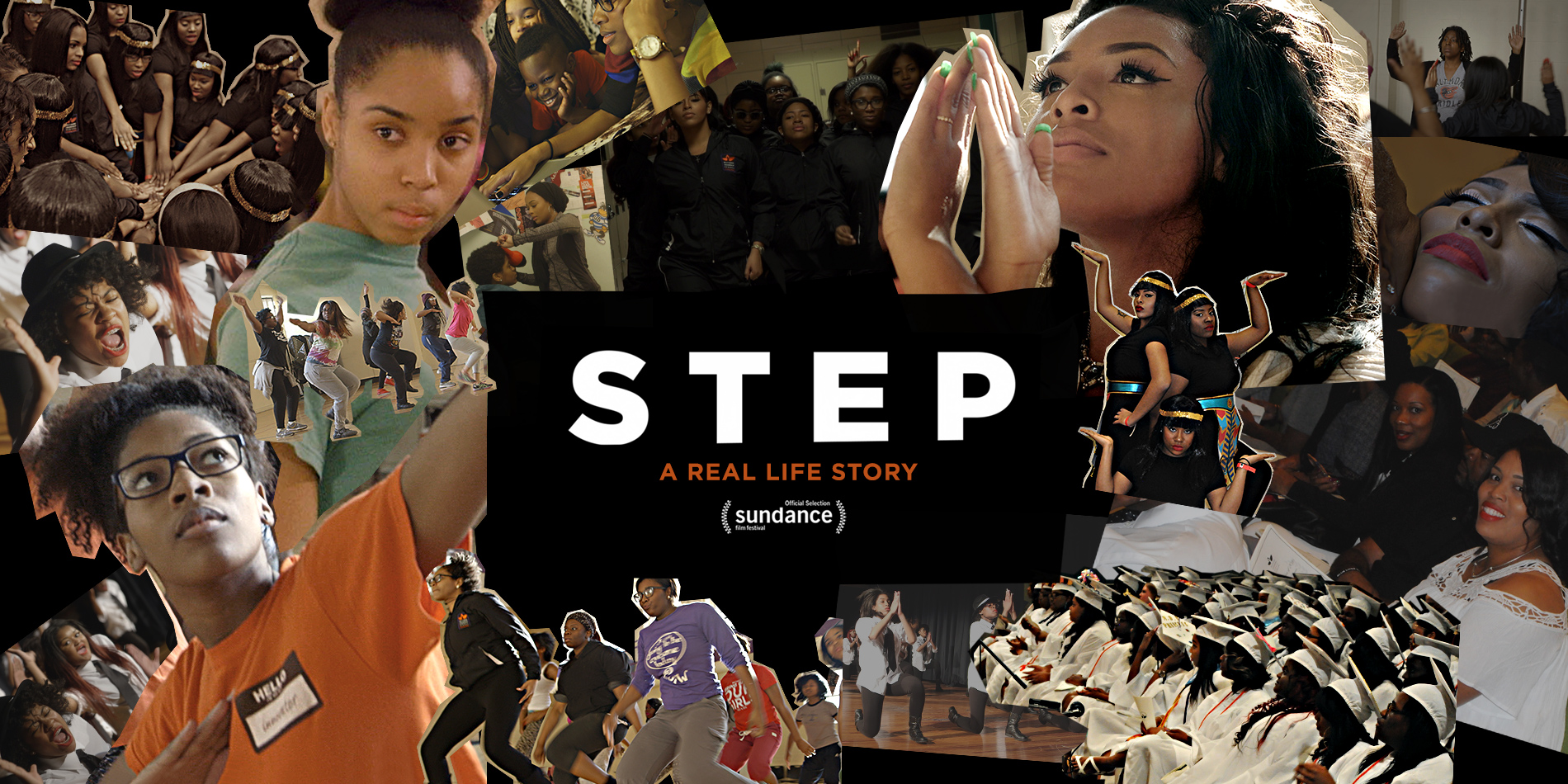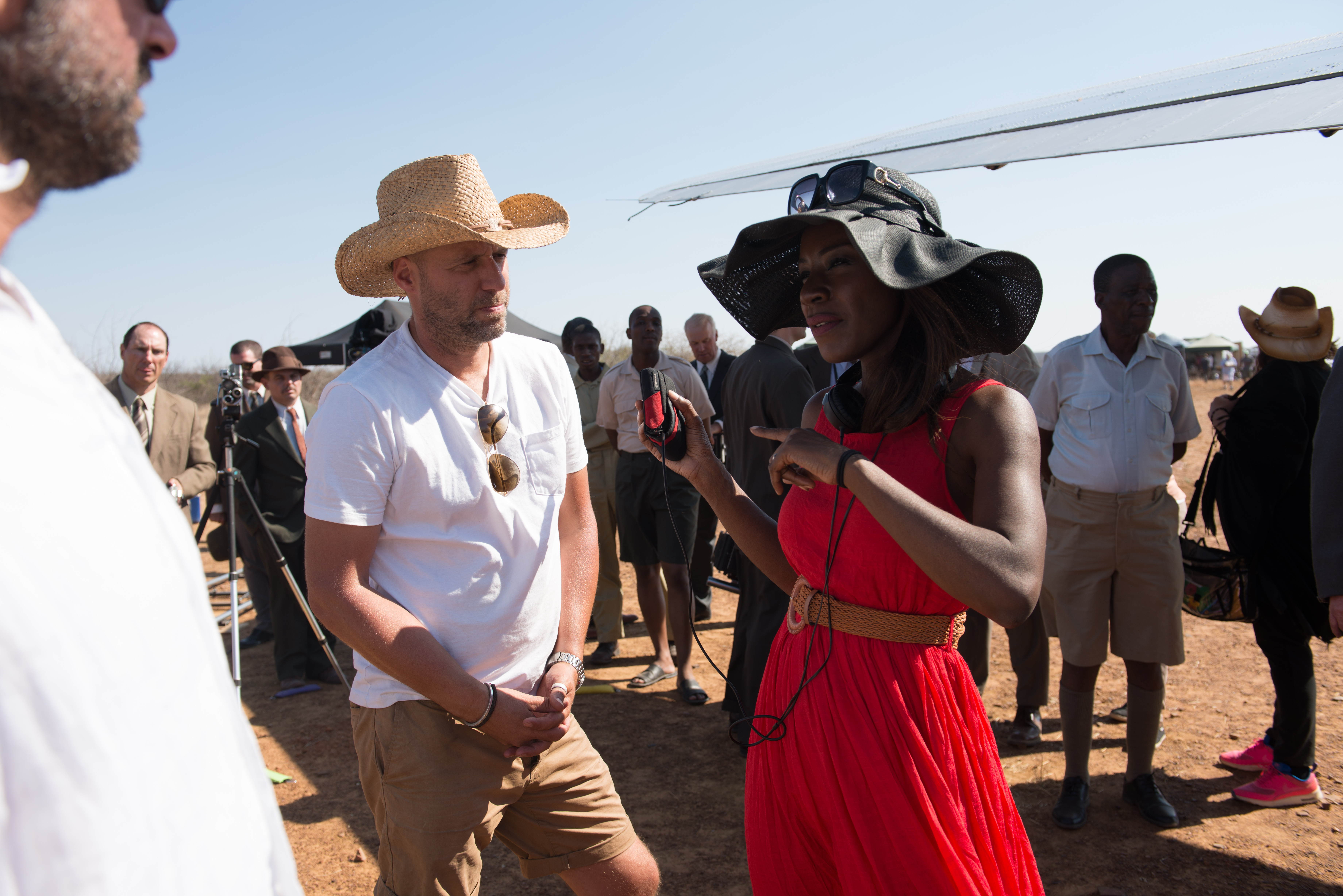

This weekend sees the release of A United Kingdom, the big screen dramatization based on Susan Williams’s nonfiction book Colour Bar, about Seretse and Ruth Khama. In the late 1940s, Khama, the Prince of Bechuanaland (now Batswana) married white English clerk Ruth Williams, and together they bravery faced the prejudice and fight against their union. Bolstered by the love they had for each other, they changed Botswana.
The director is Amma Asante, who helmed the critically acclaimed, award-winning Belle. Being the daughter of immigrants from Ghana, yet raised in the UK, she was uniquely suited to expressing the couple’s experience onscreen. Asante believes in creating films about important subjects, or ‘big stories’, that are political, as she puts it, with both a capital and lower case P. She sees the politics inherent and involved in government and on a national scale, but also in family and community structures, and that was her approach in A United Kingdom. She showed the British representatives forcing Seretse and Ruth to make very difficult choices, and the institutional racism guiding these government officials, but she also showed their families and the struggles they both had in accepting this interracial couple’s choice to be together.
Seretse Khama was in London studying when he met Ruth Williams by chance, and they fell deeply in love. It was some time into their courtship that he revealed to her he was the crowned prince of Bechuanaland, a British protectorate, now Botswana. He was expected to go home and become king to rule his land and tribe. They wanted to marry, but both knew it would be difficult. They didn’t realize the extent of resistance, judgment, and general racism they would encounter from all sides. Despite that, they stayed together, fought for each other, and for Seretse’s (and Ruth’s adopted) country. For a number of political reasons, officials in the British government did all they could to break them apart, including banning Seretse for years from his own country. These events led to Khama starting a political party, and becoming the first president of Botswana. Those who don’t know this part of world history will be fascinated by the film, and romantics who believe love conquers all will see examples reaffirming that, as directer Asante says, ‘when love meets courage, we evolve as a humanity’.
David Oyelowo and Rosamund Pike as Seretse and Ruth ably carry the film. They are completely believable and engrossing as the beleaguered couple just trying to create a life for themselves, and a better life for the people of Bechuanaland. A lovely element of authenticity is that for the film Asante used the completely refurbished original house in which the Khamas lived, as well as the hospital in which Ruth gave birth, which also got a facelift. As to the film’s main weakness, there is a bit of underdevelopment of Seretse and Ruth’s courtship, but Oyelowo and Pike have chemistry together that helps viewers buy into why they remained so committed to each other, and would fight so tenaciously to be accepted by their families, their country, and the world.
This sort of story couldn’t come at a time, because what Seretse and Ruth did as a couple, in changing their world and their country, took a huge amount of bravery. There are several countries, including the United States, in which the current state of political affairs is asking of those who recognize bigotry and racism, to be brave and stand up against it. History in some ways is repeating itself, right now, today, 70 years after the story of Seretse and Ruth Khama. It’s wonderful that this film, which is not only visually stunning, and representative of the beauty and resilience of the African people, can also be an inspiration to be brave for a great percentage of its audience. It’s also heartening to be able to wholeheartedly recommend a film helmed by a female director.
A-



